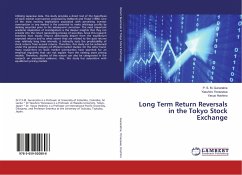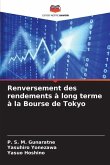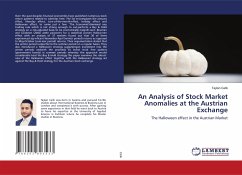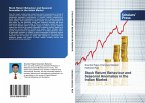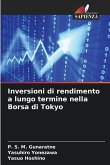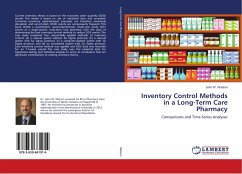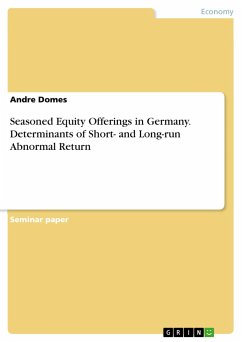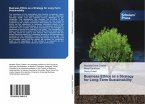Utilizing Japanese data, this study provides a direct test of the hypothesis of stock market overreaction proposed by DeBondt and Thaler (1985). One of the most exciting implications associated with perceiving investor overreaction in any market is the potential to make arbitrage profits by dealing securities prior to the subsequent correction. The most important academic implication of investigations is the deeper insights that they can provide into the return generating process of securities. Since this research examines how equity returns abnormally depart from the equilibrium expected returns and to what extent they are related to the past returns over relatively long time intervals, it indirectly tests the predictability of stock returns from ex-post returns. Therefore, this study can be subsumed under the general category of efficient market studies. On the other hand, many researchers on stock market overreaction have searched for an empirical regularity that can not explain from the existing asset pricing models. Therefore, studies of this nature can also be categorized in the research on anomalous evidence. Also, this study has association with equilibrium pricing models.
Bitte wählen Sie Ihr Anliegen aus.
Rechnungen
Retourenschein anfordern
Bestellstatus
Storno

